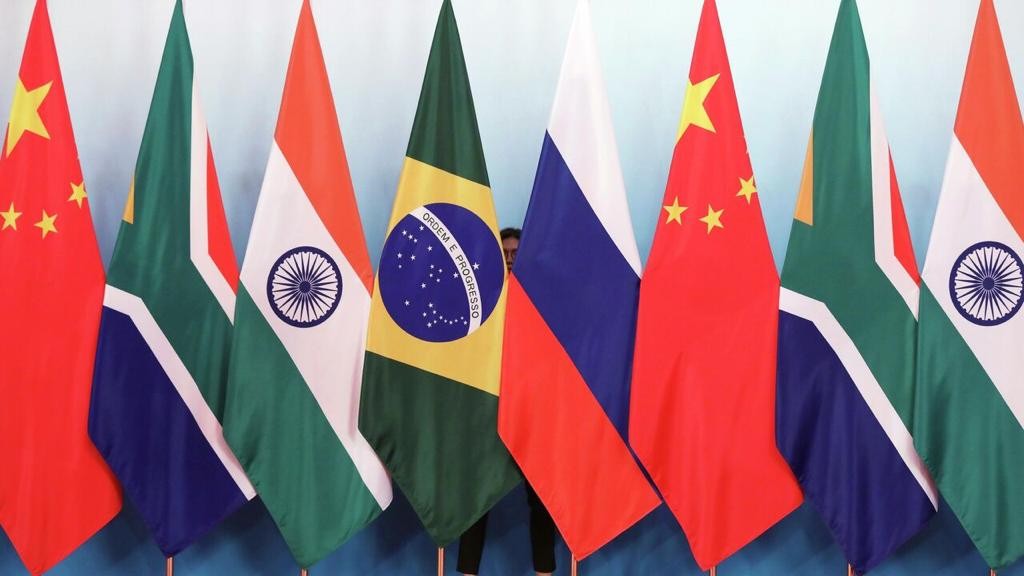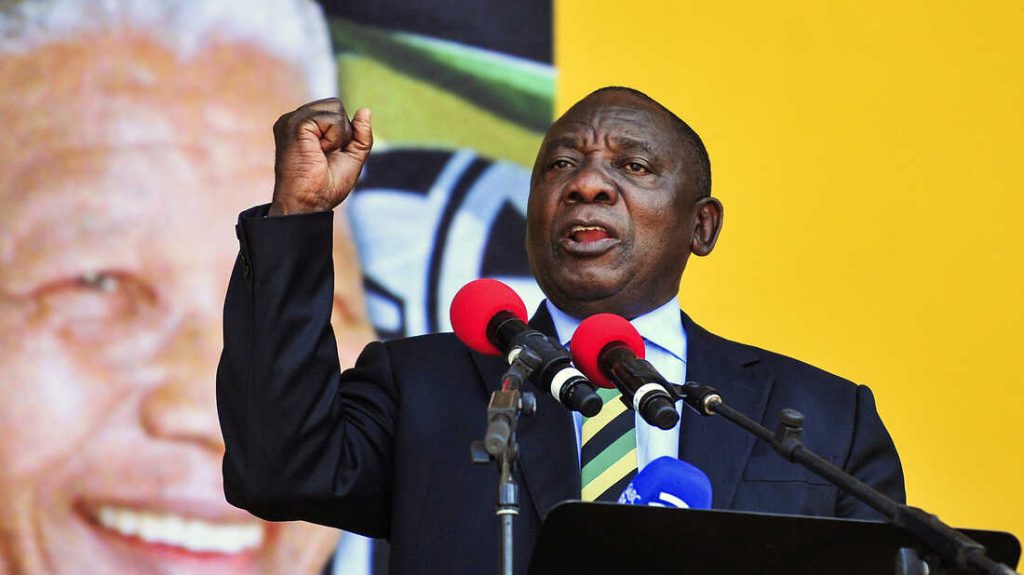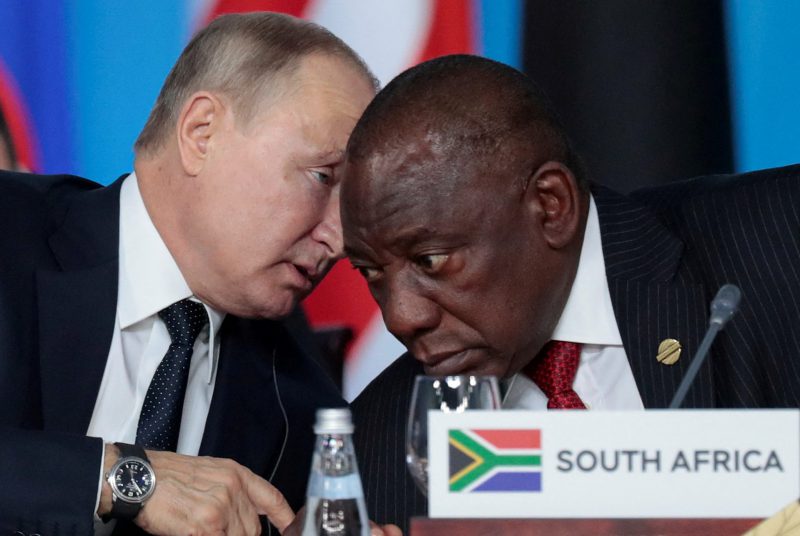Despite the importance of the event, the ongoing question of whether or not Russian President Vladimir Putin could be arrested at the BRICS summit has dominated discussions. Now, South African President Cyril Ramaphosa has spoken out about the implications of apprehending the Russian leader.
The upcoming summit will be the setting for critical discussions regarding the bloc’s alternative currency and expansion guidelines. Moreover, it is likely to be a vital event that sets forth the trajectory of the bloc. However, what happens with the Russian President is of the utmost importance at this point.


Also Read: South Africa Committed to Summit Despite Putin Warrant
Putin’s Arrest Remains BRICS Summit’s Most Important Story
Now, with the event only a few weeks away, the question of whether Russian President Vladimir Putin could be arrested at the BRICS summit is as important as ever. Additionally, Reuters reported that Ramaphsa sought permission from the International Criminal Court (ICC) to be exempt from enacting the warrant.
According to Bloomberg, South African President Cyril Ramaphosa said that arresting Putin at the upcoming summit would be “a declaration of war.” However, it adds to the ongoing issue of whether or not the country will follow through with the ICC arrest warrant. A warrant that the country is required to fulfill as signatories to the organization.


Also Read: BRICS Bank Focused on New Members, Local Currency
Ramaphosa noted the implications of the apprehension, and what it could mean for the country. The statement was noted in court submissions that were published Tuesday. Specifically, as a response to the Democratic Alliance, which urged the country to arrest the Russian leader.
The development is of the utmost importance to the summit because of those very implications. Subsequently, Ramaphos has reportedly begun proceedings with the ICC under Article 97. Moreover, this states that a country can plead not to execute an arrest under certain circumstances. Specifically due to the potential implications of that action.





